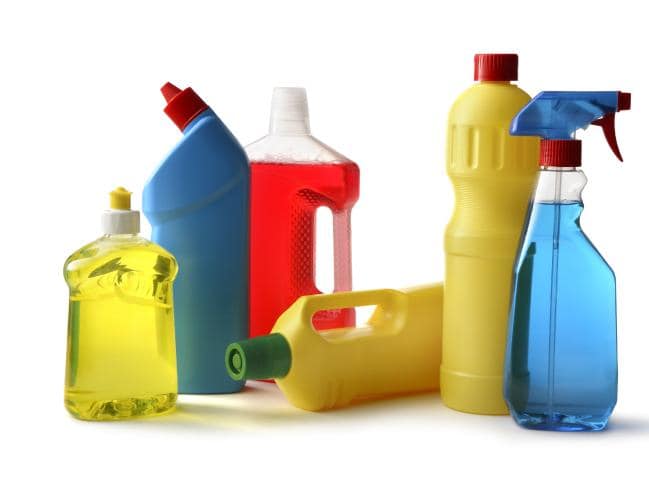RAISING kids in ultra-clean homes increases their risk of developing the most common form of childhood cancer, a major review found.
Failing to breastfeed, giving birth via C-section and cocooning babies away from other tots also make it more likely.
Acute lymphoblastic leukemia (ALL) is preventable if children’s immune systems are “primed” by their first birthday, experts said.
This can be done by exposing them to germs through breastfeeding, vaginal birth, or playing with dirty toys and other kids. The findings are published in the journal Nature Reviews Cancer.
Study leader professor Mel Greaves, who has studied the disease for 30 years, said: “Most cases of childhood leukemia are likely to be preventable.
“New parents should be less fussy about common infections and encourage social contact in the first year of life.”
“They should let their baby mix with as many children as possible — play with the same toys, touch each other. I’d also encourage breastfeeding.”
Kids can only develop the disease if they are born with a particular genetic mutation, which occurs randomly in one in 20 pregnancies.
But it is “triggered” when a child, who has not been exposed to bugs in the first year of their life, catches a viral infection, such as flu.
Around one in 100 kids born with the initial mutation will develop ALL by the age of 15.
Medical advances mean 90 per cent are now cured but they still suffer lifelong harm from toxic chemotherapy.
ALL accounts for four-fifths of leukemia cases in children.
It’s most common in wealthy societies, where children have fewer siblings, socialise less with other youngsters and have clean homes.
Cases of ALL are increasing by around 1 per cent a year in developed countries.
The review, by the Institute of Cancer Research in London, is based on human population studies and experiments in mice.
Scientists found no evidence that ALL is caused by radiation, electromagnetic waves, electricity cables or man-made chemicals.
An oral vaccine that helps to prime the immune system without the need to breastfeed or socialise with other children could be available within a decade.
Professor Paul Workman, chief executive of the ICR, said: “It’s exciting to think that in the future childhood leukemia could become a preventable disease as a result of this work.”
Dr. Alasdair Rankin, from the blood cancer charity Bloodwise, said: “We urge parents not to be alarmed by this study. Childhood leukemia is very rare and only around one in 2,000 children will develop it.
“While developing a strong immune system early in life may slightly further reduce risk, there is nothing that can be currently done to definitively prevent childhood leukemia.”
This article originally appeared on the New York Post and is republished here with permission.
source:-news

